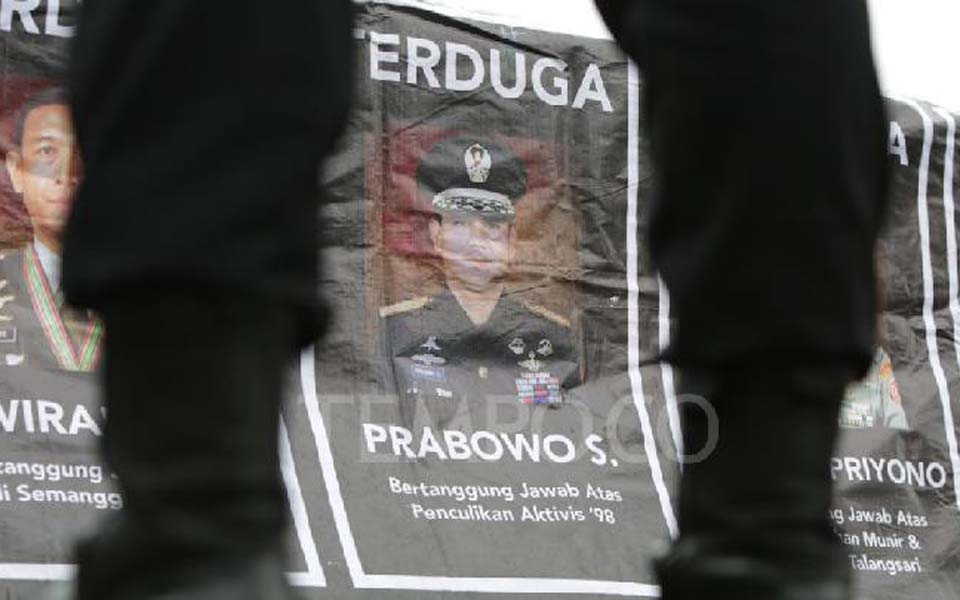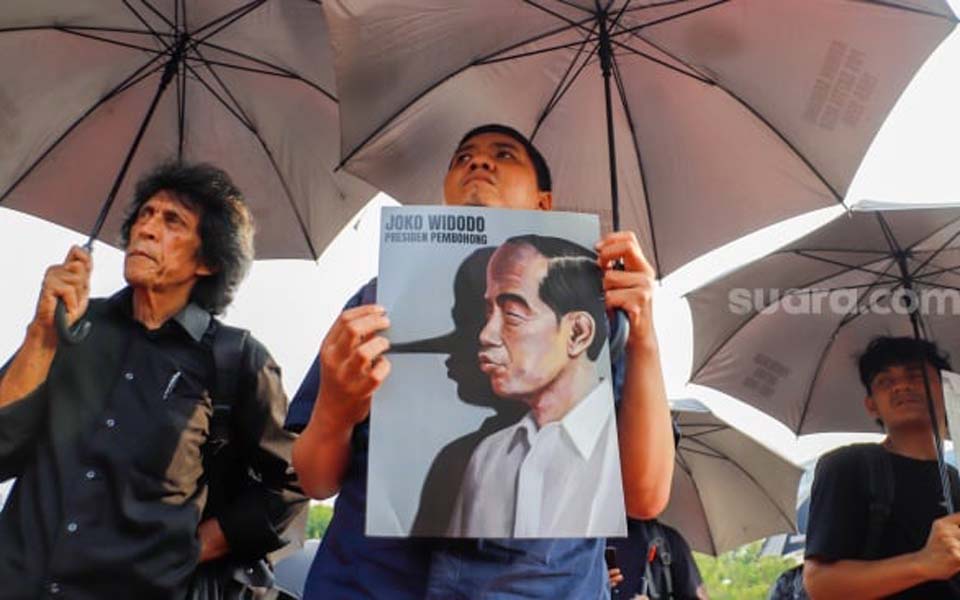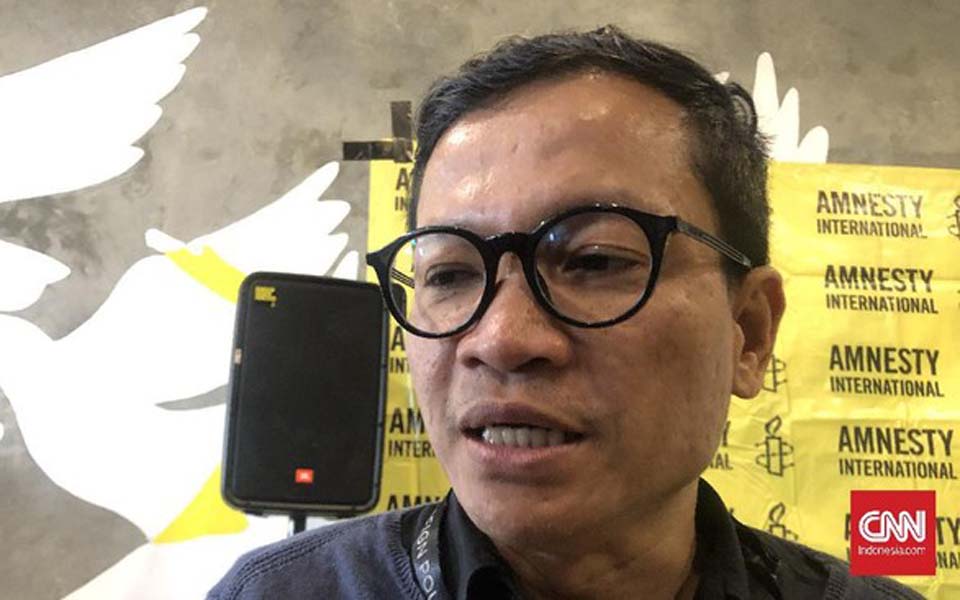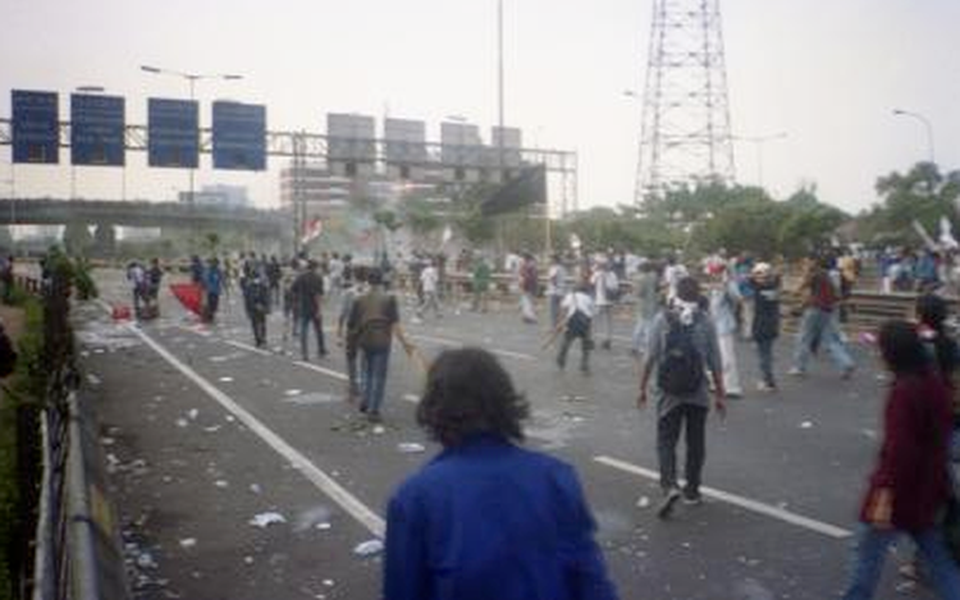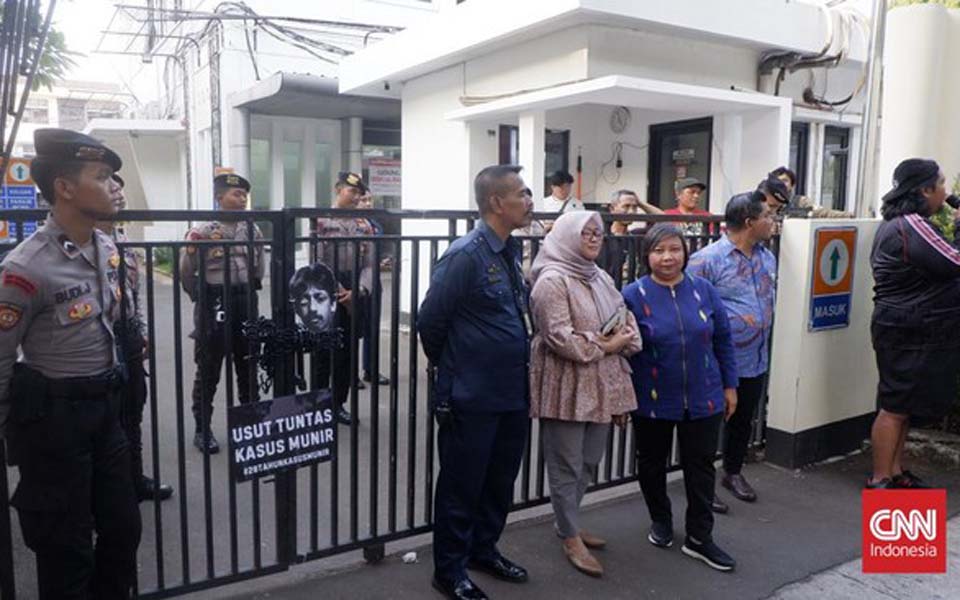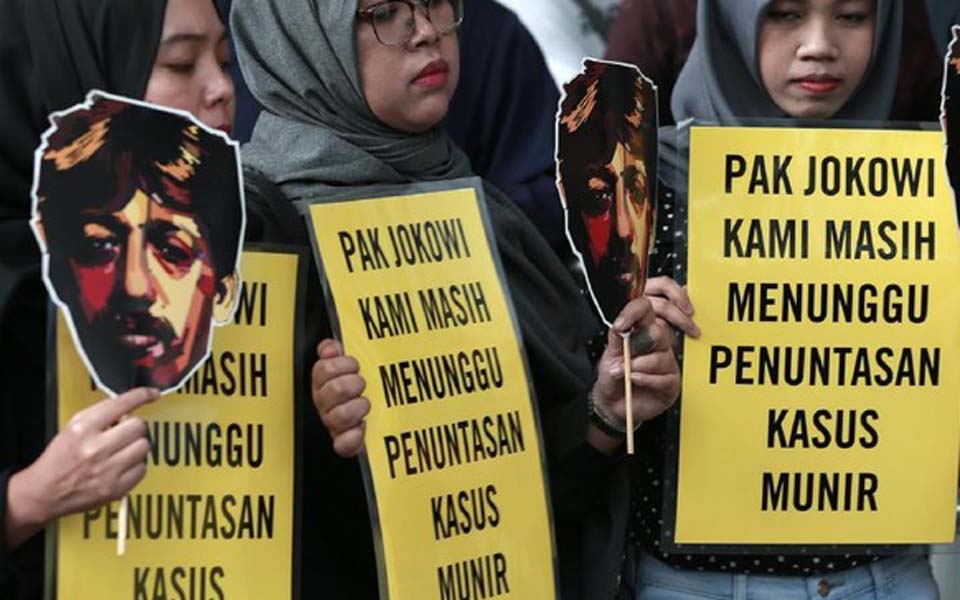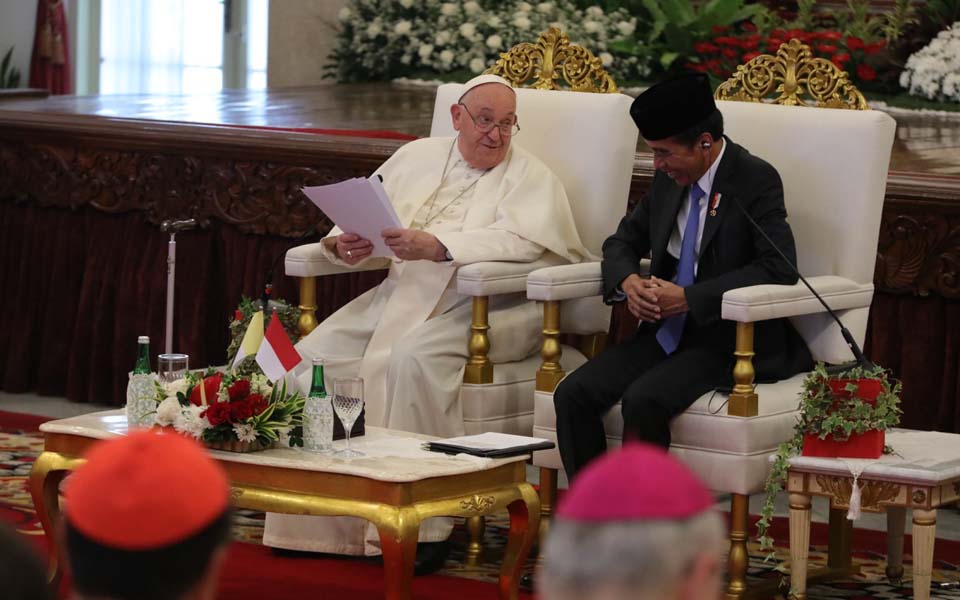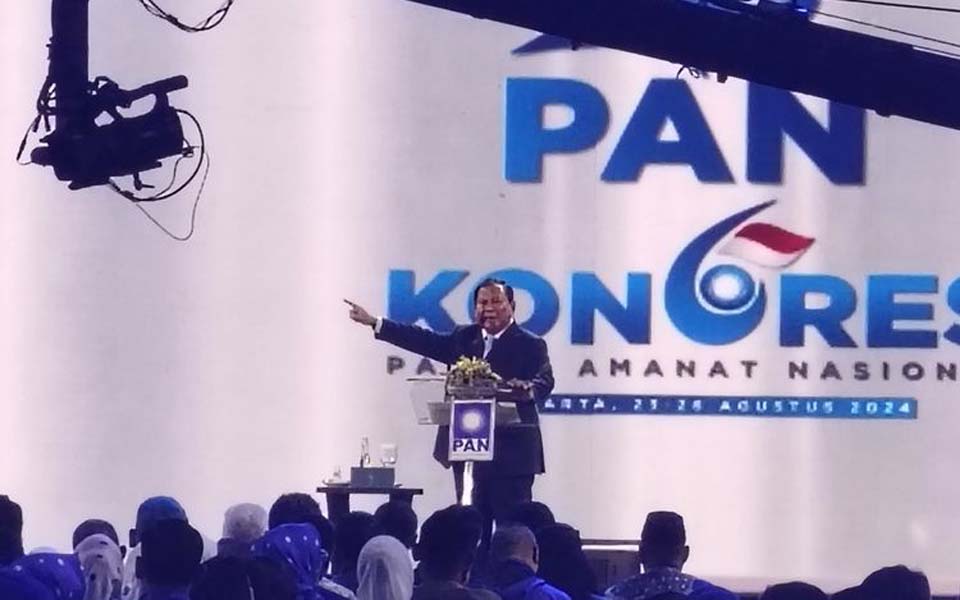Hoping that President Prabowo Subianto is serious about protecting human rights as absurd as an owl yearning for the moon (wishing for the impossible).
In his Asta Cita, Prabowo's eight political promises if he became the president of Indonesia, the issue of human rights was only mentioned in general. Not surprisingly, in his inauguration speech on October 20, Prabowo did not use the phrase human rights.
Not even 100 days into Prabowo's new administration, human rights issues been not just been ignored, but there have been efforts to deflate them. There have been various efforts to annul moves by the National Human Rights Commission (Komnas HAM) to revive the public’s memory about law enforcement against gross human rights violations.
Following the statement by Coordinating Minister for Law, Human Rights, Immigration and Corrections Yusril Ihza Mahendra that the 1998 incident was not a gross human rights violation, there is now a massive lobbying effort to get Komnas HAM to halt its investigation into the assassination of renowned human rights defender Munir Said Talib in 2004 and the massacre of civilians in East Aceh in 2001. Komnas HAM is completing the investigation into the two cases and wants to declare them as gross human rights violations.
Indonesian law only recognises two types of gross human rights violations out of the four types regulated under the Rome Statute. The two types of gross human rights violations according to Law Number 26/2000 on Human Rights Courts are crimes of genocide and crimes against humanity. However, the explanation under Article 104 of the Human Rights Law also includes extrajudicial killings as a gross human rights crime.
Efforts to pursue these laws and regulations are now being obstructed by government officials, and even by those who are victims of gross human rights violations. Mugiyanto Sipin, a victim of the 1998 abductions who used to lead the Indonesian Association of the Families of Missing Persons (IKOHI), persuaded the families of the kidnap victims to accept financial compensation and a non-judicial settlement of the cases. In return, Prabowo appointed Sipin to the position of Deputy Human Rights Minister.
The attempt to undermine Komnas HAM's investigations into past crimes against humanity is, once again, not surprising. Prabowo's aides would certainly be grateful for the granting of a small piece of power in his administration. At the very least it is to curry favour with Prabowo. After all, Prabowo was an army general involved in the abduction of pro-democracy activists in 1998. Komnas HAM has included this as an incident that marked reformasi (the political reform process that began in 1998) and a gross human rights violation.
Of course Prabowo has an interest in clearing his name from the dark stains of his past. He has always claimed to have returned the kidnapped activists, including Sipin and Nezar Patria, who is now the Deputy Minister of Communication and Digital Affairs. As for those who to this day have not returned, Prabowo claims he did not abduct them.
Therefore, as someone who has problems with human rights, Prabowo will not prioritise the issue. Just like the lobbying to delay the resolution of gross human rights violations during the first 100 days of his administration, the formation of the separate Ministry of Human Rights is also a gimmick. What can this ministry do if behind it there is lobbying to stop the enforcement of laws on past gross human rights violations?
Therefore, since it is clear that the protection of human rights cannot be expected to be pursued by the state in the Prabowo Subianto era, the marginalisation of independent human rights institutions will be equally serious. Therefore, human rights institutions need to strengthen themselves – in terms of personnel and institutional capacity, establishing broad alliances, and building public trust.
Because, gross human rights violations must be dealt with legally so that Indonesia has a collective memory and so similar incidents will not happen again in the future. Non-judicial settlements can complement this as a path to recovery for the victims. By prioritising a legal resolution, impunity for the perpetrators can also be avoided, even though they are the power holders or are in the circle of power.
Notes
On September 7, 2004 renowned human rights defender Munir Said Thalib died of arsenic poisoning onboard a Garuda Indonesia flight. Although off-duty pilot Pollycarpus Priyanto was convicted of the murder in 2005 the alleged mastermind behind the assassination, former National Intelligence Agency (BIN) deputy Muchdi Purwopranjono, was acquitted of all charges. On August 9, 2001, 31 people were massacred by the Indonesian military at the Bumi Flora plantation in East Aceh. The military later claimed that the Free Aceh Movement (GAM) carried out the killings. In 1997-98, 23 pro-democracy activists were abducted the Army's Special Forces (Kopassus) under the command of then Lieutenant General Prabowo. Prabowo has admitted to ordering the abductions but claims they were all released alive and well, although 13 remain missing to this day and are presumed dead
[Translated by James Balowski. The original title of the article was "Putus Harapan Menegakkan Hukum HAM".]
Source: https://koran.tempo.co/read/editorial/490520/pelanggaran-ham-berat-masa-lalu





